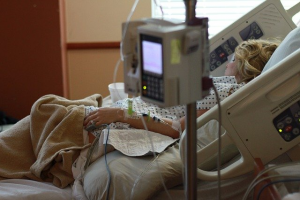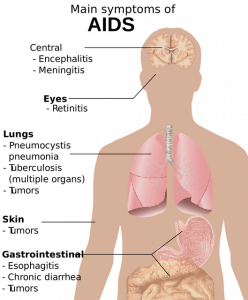1817 Swedish chemist Jöns Jakob Berzelius discovers selenium
1957 Biochemist Klaus Schwarz shows that selenium in microscopic amounts has a vital importance for mammalian health
1969 Professor J.T. Rotruck discovers that selenium has a biochemical role as a component of the antioxidant enzyme glutathione peroxidase
1969 Professors R.J. Shamberger and D.V. Frost report a possible protective effect of selenium against cancer in humans
1973 Professor J.T. Rotruck identifies the enzyme glutathione peroxidase as a selenium-dependent protein
1977 Professor G.N. Schrauzer publishes cancer mortality correlation studies showing an inverse correlation between dietary intakes of selenium and cancer mortality in 27 countries
1988 Professor G.Q Yang summarizes the lessons learned about the selenium-related endemic diseases Keshan disease and Kashin-Beck disease and about the importance of adequate daily selenium intakes
1989 Professor G.G. Duthie publishes evidence for a role of selenium in the prevention of cardiovascular disease
1993 Researcher W.J. Blot publishes the results of the Nutrition Intervention Trials in Linxian, China, showing that supplementation with a combination of selenium and other antioxidants reduces the risk of cancer
1994 Professor G.N. Schrauzer publishes evidence that selenium is important in the maintenance and therapy of HIV-infected patients
1996 Professor Larry Clark publishes the results of a randomized controlled trial – the Nutritional Prevention of Cancer study -- that shows selenium's cancer-protective effects on colon cancer, lung cancer, and prostate cancer
1997 Professor G.F. Combs summarizes the evidence for the protective effects of selenium against cancer
1999 Professor J.E. Oldfield publishes his Selenium World Atlas, mapping areas of selenium deficiency around the world
2000 Researcher O.A. Levander publishes evidence showing an anti-viral effect of selenium
2002 Researcher R. Gärtner shows that supplementation with selenium reduces inflammation in patients with autoimmune thyroiditis
2002 Researcher Margaret Rayman presents the arguments for increasing selenium intakes to realize selenium’s antioxidant and anti-viral and anti-inflammatory effects as well as selenium’s enhancement of immune function and reproductive success.

